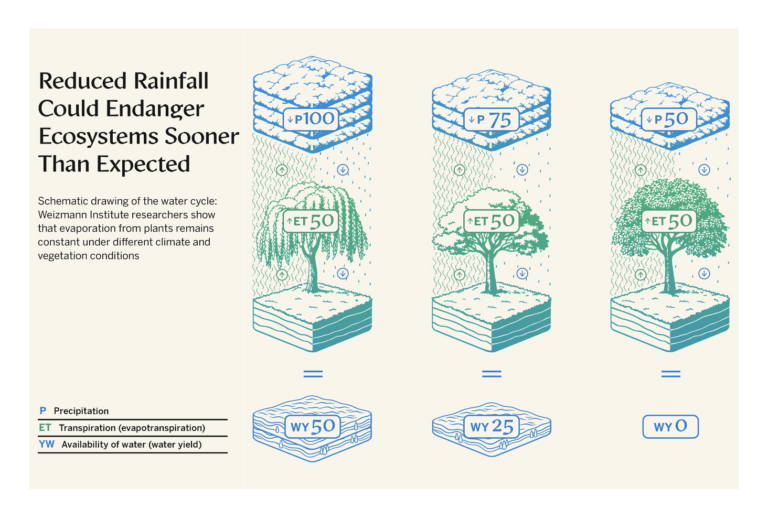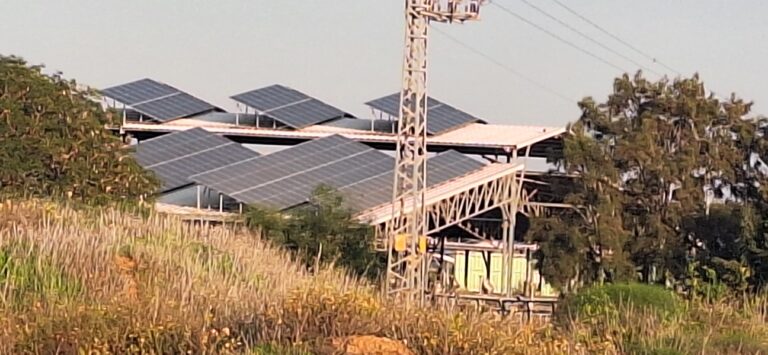Eilat : Gila Gamliel réclame un débat en urgence au sujet du plan visant à accroître le volume des oléoducs

[:fr]
Gila Gamliel, ministre israélienne de la Protection de l’environnement, vient de déclarer que les projets pour augmenter le flux de pétrole à travers Eilat pourraient se terminer par une catastrophe environnementale bien plus grave que la pollution par le goudron qui a touché 160 km de plages israéliennes ces dernières semaines. Gila Gamliel a déclaré qu’un accord pour transporter du pétrole du golfe Persique vers l’Europe, en utilisant Israël comme pont terrestre, pourrait entraîner des dommages irréversibles.
En octobre 2020, la société Europe-Asia Pipeline Company (anciennement Eilat Ashkelon Pipeline Co.) et MED-RED (une entreprise détenue conjointement par une société israélienne et un géant de l’énergie aux EAU) ont signé un protocole d’accord qui aurait pour conséquence d’apporter du pétrole à l’Europe et l’Extrême-Orient via Israël. Le plan entraînerait le transport de centaines de milliers de tonnes de pétrole brut via les eaux territoriales d’Israël.
Gila Gamliel déclare : « Une discussion urgente doit avoir lieu avec tous les organismes gouvernementaux concernés concernant le plan visant à augmenter le volume des activités de transport de pétrole brut sur les pipelines d’EAPC. Ce que nous avons vu cette semaine sur les plages, en raison du goudron, n’est rien en comparaison des quantités de pétrole dont il est question dans le cas d’EAPC. Il faut mettre l’accent sur les graves conséquences potentielles pour l’environnement, qui pourraient modifier la zone en cas de catastrophe, et pourraient entraîner des conséquences et des dommage irréversibles. Les graves conséquences environnementales qui peuvent survenir dans les eaux de la mer Méditerranée et de la mer Rouge seraient très graves… Augmentation de l’activité de transport de combustibles fossiles dans un endroit aussi sensible que le golfe d’Eilat, étant donné son expansion et sa dépendance au tourisme sont un pas dans la mauvaise direction ».
Du point de vue politique et mondial, il s’agit clairement d’une initiative non environnementale visant à augmenter les volumes de transport de pétrole brut, au lieu d’encourager les investissements dans les énergies renouvelables et une économie à faibles émissions de carbone. De plus, les risques de déversement de pétrole dans le golfe d’Eilat augmentera et,le risque à Ashkelon augmentera également, accentuant la fragilité de l’écosystème de la mer Rouge. « Réduire l’utilisation des combustibles fossiles par Israël, effort que dirige le Ministère de la protection de l’environnement, est un objectif national stratégique nécessaire pour réduire la pollution atmosphérique et la morbidité et la mortalité qui en résultent. Israël s’est engagé à aller au-delà d’une économie à faibles émissions de carbone, dans le cadre du processus international mené par l’OCDE et l’ONU, pour lutter contre la crise climatique ».
[:en]
Gamliel says plans to increase the flow of oil through Eilat could end in an even greater environmental disaster than the tar pollution that has contaminated 160 Km of Israeli beaches over the past few weeks.
Environmental Protection Minister Gila Gamliel says a deal to transport oil from the Persian Gulf to Europe, using Israel as a land bridge, could lead to irreversible damage. In October 2020, the Europe-Asia Pipeline Company (formerly the Eilat Ashkelon Pipeline Co.) and MED-RED (a venture jointly owned by an Israeli company and an energy giant in the UAE) signed a memorandum of understanding that would bring oil to Europe and the Far East through Israel. The plan would result in hundreds of thousands of tons of crude oil being transported via Israel’s territorial waters.
Environmental Protection Minister Gila Gamliel: « An urgent discussion must be held with all relevant government bodies regarding the plan to increase the volume of crude oil transportation activity on the EAPC pipelines. What we saw this week on the beaches, as a result of the severe tar incident, is tiny compared to the amounts of oil in question in the case of the EAPC. An emphasis must be placed on the serious potential consequences for the environment, which could change the area in the event of a disaster, and could cause irreversible damage.
« There is no need to say too much about the serious environmental consequences that may occur in the waters of the Mediterranean Sea and the Red Sea… Increasing the activity of transporting fossil fuels in a place as sensitive as the Gulf of Eilat, given its expansion and dependence on tourism, appears to be a step in the wrong direction.
« From the political-global perspective, this is clearly a non-environmental initiative to increase the volumes of crude oil transportation, instead of encouraging investments in renewable energy and a low-carbon economy. In addition, the risks of an oil spill in the Gulf of Eilat will increase, and accordingly the risk in Ashkelon will also increase, with an emphasis on the sensitivity of the Red Sea ecosystem.
« Reducing Israel’s use of fossil fuels, an effort that the Ministry of Environmental Protection is leading, is a strategic national goal, which is necessary to reduce air pollution and the resulting morbidity and mortality. Israel has pledged to advance beyond a low-carbon economy, as part of the international process led by the OECD and the UN, to combat the climate crisis. »
[:]







